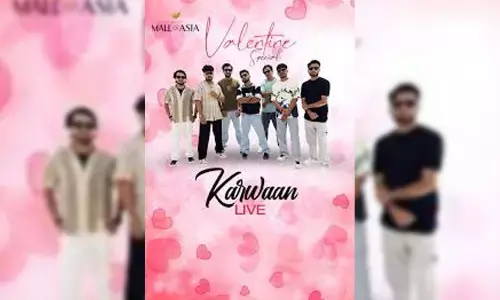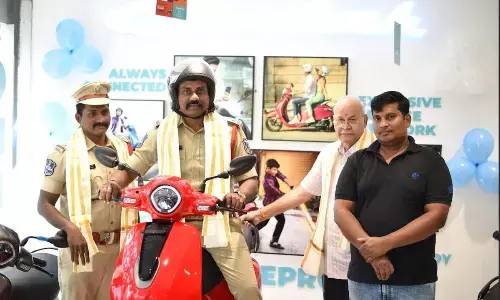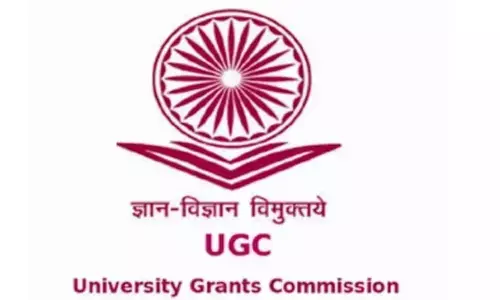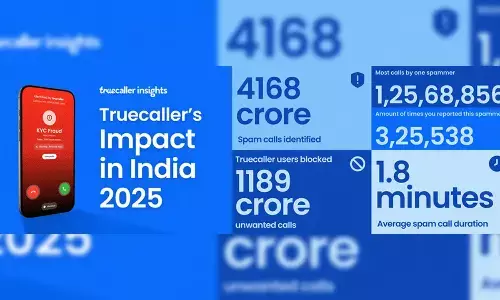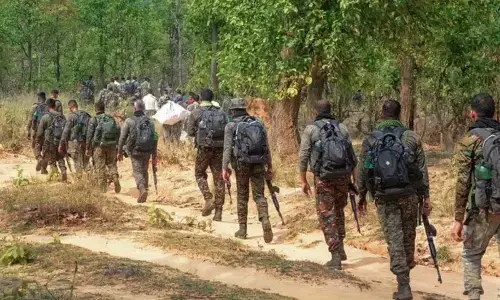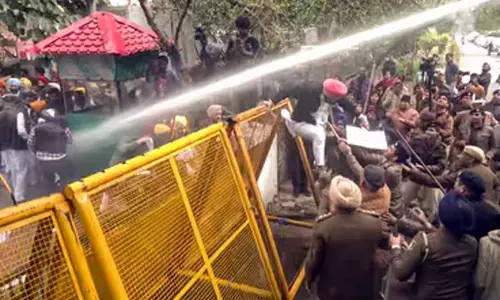RTI: Facilitating denials and delays
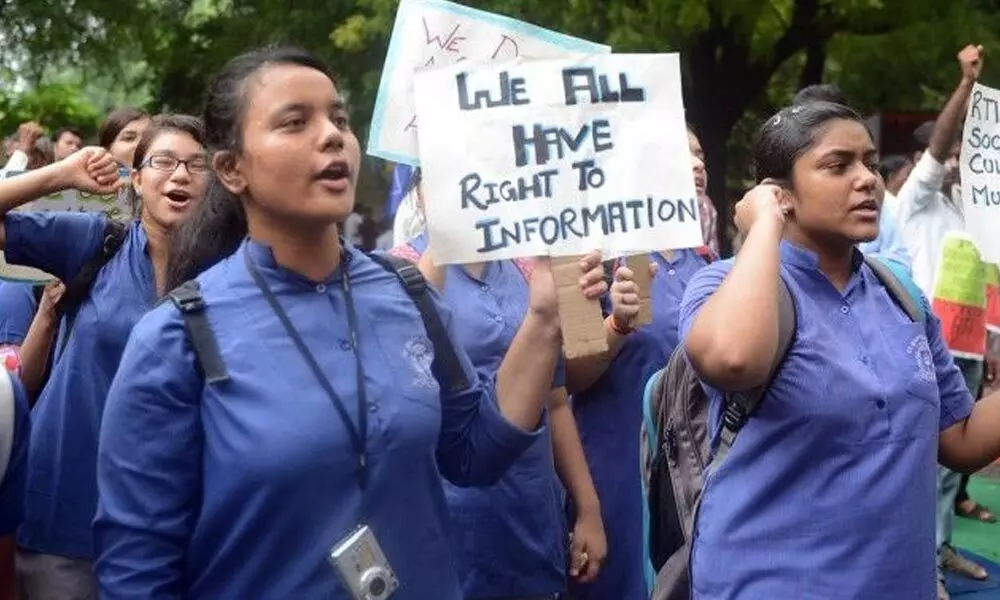
RTI: Facilitating denials and delays
The Right to Information Act provides for quick disclosure of the information, if it is concerned with life or liberty
The Right to Information Act provides for quick disclosure of the information, if it is concerned with life or liberty. It should be given within 48 hours. There are no provisions in the Act for quick consideration of appeals arising out of refusal of such information. It is a major defect in law, which the Public Authorities exploit to deny and delay the information. In Saurav Das v DPIIT, the CIC recently, 'life or liberty' suffered a severe blow.
Except for speedy disclosure, this rule does not impact the scheme and scope of RTI. It is also in tune with the constitutionally approved criminal justice principle that a person taken into custody by police should be produced within 24 hours before the magistrate for judicial review of the custody. There was also a demand that information concerning life and liberty should be given in 24 hours.
In some orders the CIC felt that it is exceptional provision and hence given in exceptional circumstances only. Act did not say this. It is not correct to add something which was not expressly provided by the Parliament. PIO does not have luxury of postponing or keeping the applicant waiting for 30 days. The Central Information Commissioners considered it as an exception and discouraged quick disclosure.
Why there should be an imminent danger?
In Pratap Kumar Jena vs PIO, Central Institute of Psychiatry Ranchi, the CIC (Decision No. CIC/SG/A/2012/000814/18825) in 2012 held "…the information disclosed may assist him or her to lead a better life. But in all such cases, the proviso of Section 7(1) cannot be invoked unless imminent danger to life or liberty can be proven. The life or liberty provision can be applied only in cases where there is an imminent danger to the life or liberty of a person and the non-supply of the information may either lead to death or grievous injury to the concerned person.
This is further stretched: - "If the disclosure of the information would obviate the danger then it may be considered under the proviso of Section 7(1). The imminent danger has to be demonstrably proven." To be demonstrably proven is almost impossible, but that is prescribed by the Commission over and above the Act.
If this is the intention of Parliament, they could have expressed it. If this is the meaning, none will get any information even if that is concerned with life or liberty. The CIC wants it to be proved that there is danger to life, and that be immediately staring at, or non-disclosure will result in death. This is too much to demand for giving a piece of information.
Liberty of a person could be threatened if she or he is going to be incarcerated or has already been incarcerated and the disclosure of the information may change that situation. A person under custody or prisoner who is supposed to be released, he along with his relatives or any person should know what is the exact time of his release.
If information is not available with prisoner, he can approach the jailor office with RTI request which has to be answered in 48 hours. Why should there be 'imminent threat' and who asked for it. The CIC insisted that the disclosure of the information would obviate the danger then it may be considered under the proviso of Section 7(1). The CIC also wants that the imminent danger has to be demonstrably proven. Is it possible. The CIC orders made impossible to get life or liberty concerned information
If somebody is being executed, the date is not known, then anyone can ask for it, which should be given in 48 hours. Why information about oxygen generation should not be considered life or liberty concerned in pandemic context? A timely and readily available stock of medical oxygen and information about that could be lifesaving if available and if not, it can kill. This is proved. But the CIC says it is not life or liberty concerned information.
Suppose a citizen wants information about delay in oxygen supply to a hospital, it deals with life issue but may indicate imminent threat to life, then why should it be denied under this clause and be delayed by one month? Though Commission in Pratap Kumar Jena has directed the information to be disclosed, it has laid down a rigorous and impossible test of imminent danger as essential component.
The possibility of getting information of life and liberty within two days is further reduced by a different decision of Commission in Sehar Singh and Ors vs PMO, where in the Commission said: "-The RTI application be accompanied with substantive evidence that a threat to life exists (eg. Medical report). -If, the claim of concern for life and liberty is not accepted in a particular case by the public authority, the reasons for not doing so, must be given in writing while disposing of the application". It is almost laying down a hard and fast rule not to give such information. It is fortunate that CIC decisions are not precedents, though some are used as so to deny information unfortunately. If the second appeal is against PMO, very rarely CIC will direct disclosure.
Fortifying the argument based on these anti-RTI Act orders by the Commission, the Commissioner in Saurav Das case rejected that the request does not fall under category of life and liberty, but was generous enough say: "For a CPIO to be able to ascertain the impediment to life and liberty of a person, there ought to be some consideration between the information seeker and the person whose life and liberty is at stake. The Commission could not find any relation nor as a matter of fact, any justification of concerns of life and liberty of any person and therefore, there is no question of applicability of the proviso of Sec 7(1). However, as the second appeal was already filed and a hearing was granted, the bench within its discretion is not inclined to dismiss this appeal in limine and rather decided to take up the case on its merits and in larger public interest".
Life information & Locus standi
Another point is the locus standi. The Act does not say whether the information sought should concern the life or liberty of applicant. The scheme of RTI Act also very clear not to limit the right to information relating to applicant or victim's or aggrieved person. Anybody can ask information for any body and about anybody, subject, of course, to exceptions.
But some Commissioners rejected the RTI requests based on locus standi. There are Thousands of such requests are rejected by PIO, First appellate authority and also the some CICs.
Jammu and Kashmir State Information Commission gave a very good order in tune with the principles of transparency and RTI Act, in Dr Raja Muzaffar Bhat/Dr Mushtaq Ahmad vs. PIO, G B Pant Hospital, Srinagar on 1st Dec 2015.
"5. Similarly, there was a question, whether information sought for the life and liberty of a person has to be by the same person whose life or liberty is at stake. The nature of the situations for these two eventualities and situations makes seeking of information directly by the affected persons very difficult and at times impossible. If a person is unauthorizedly incarcerated, he may not be in a position to use his right of seeking information. Similarly, if a patient is admitted in the hospital and is not in a position to invoke his right personally, any close member of his family or any other person who has bona fied interest in the preservation and maintenance of life and liberty of that person can invoke the right to information which may ultimately ensure safety of the life and liberty of any person. Therefore, if after establishing genuine interest in preserving life and liberty of a person, the information can be sought by any other person who is otherwise qualified to seek information under J&K RTI Act, 2009."
The CIC in Saurav Das gave a positive direction to disclose information, but stated that this decision should not be considered a precedent. Anyway, legally the CIC decision has no precedential value, a blessing in disguise. The Commission should see whether the disclosure of information under this clause will help protecting lives and liberties, instead of insisting appellant to demonstrate the imminent danger to life and liberty, which is impossible for anybody. Quick disclosure of information about oxygen plants could have created pressure on government to accelerate supply of oxygen which could have saved thousands of lives. India needs human beings at the decision-making offices.
(The author is Dean & Professor, School of Law, Mahindra University, Hyderabad, and former Central Information Commissioner)
(The opinions expressed in this column are those of the writer. The facts and opinions expressed here do not reflect the views of The Hans India)



